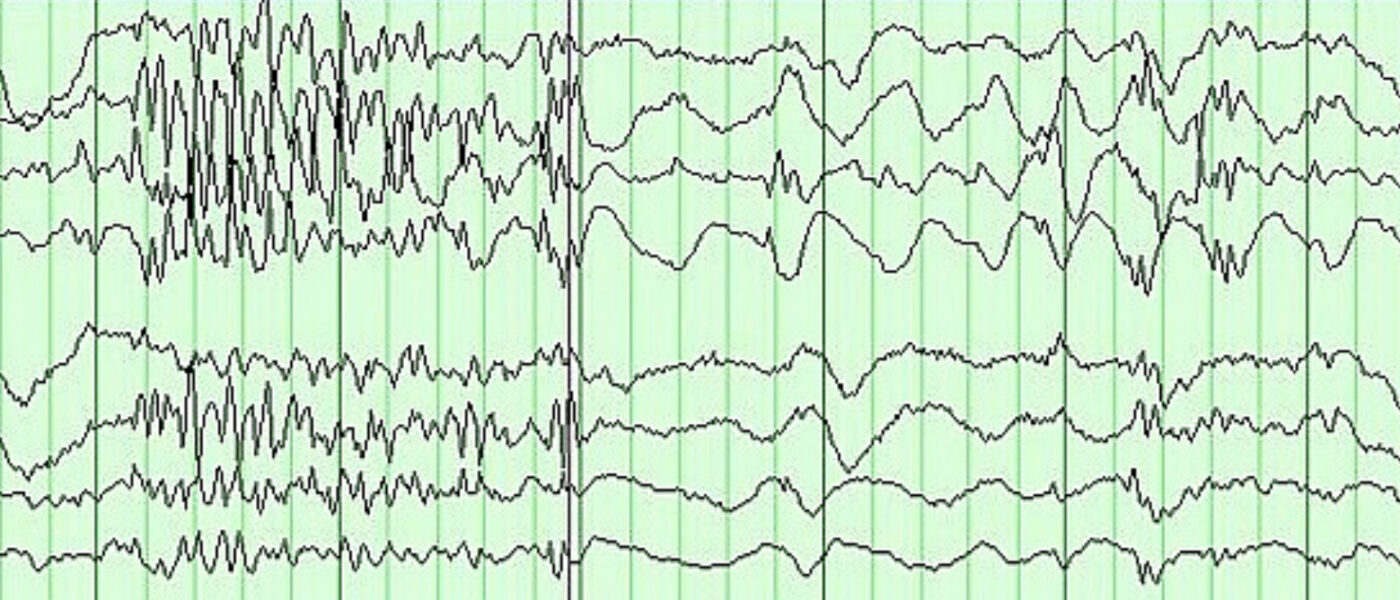EPILEPSY
Fellowship Program at McMaster
Welcome to the Clinical Adult Epilepsy and EEG Fellowship at Hamilton Health Sciences and McMaster University. Epilepsy affects about 95,000 persons in the province of Ontario (population 14.5 million). This chronic condition can lead to a poorer quality of life, lower income, poorer family function, and higher health care resource utilization. In 30% of patients, the seizures remain refractory to medical treatment and half of these are potential candidates for epilepsy surgery. The epilepsy fellowship aims to provide hands-on training to a motivated young neurologist toward becoming an epileptologist.
Welcome
- Clinical care: The fellow will learn to provide evidence-based medical treatment to patients with epilepsy, by working under supervision at the epilepsy outpatient clinics, and inpatient epilepsy monitoring unit (EMU) and presenting at the multidisciplinary epilepsy surgical meetings.
- Education: Learn to interpret outpatient and inpatient EEGs at the Medical Diagnostic Unit (MDU) as well as prolonged video EEG monitoring studies in the EMU, under the supervision of Board-certified electroencephalographers. At the end of the first-year training, the fellow is eligible to appear for the Canadian (CSCN) EEG examination. Participation and presentation in biweekly epilepsy and EEG rounds are expected.
- Research: Participation in clinical or EEG research is encouraged. Candidates would be supervised closely in their research projects. Submission of an abstract to the annual CLAE or AES meeting is encouraged.
Certification Outcome
The successful completion of the fellowship will grant a Fellowship McMaster Certification.
Entry Requirements
The fellowship program is designed for current residents or recent graduates of an accredited neurology residency program. Recent graduates are required to submit an application form and comply with McMaster University Postgraduate Medical Education requirements for residents and fellows.
Application Deadline
9-month deadline before the start date. The start date is July 1st.
Goals of Training
- To learn the basic principles of neurophysiology and epilepsy.
- To be able to obtain a reliable, complete, and comprehensive history regarding epileptic seizures and related disorders, and to be able to present the history in a complete yet concise fashion. To be able to formulate differential diagnoses of epileptic seizures and related disorders so that patients with paroxysmal disorders, with epileptic seizures as one of the differential diagnoses, can be appropriately considered for the indicated clinical and laboratory examinations.
- Diagnose the common epilepsy syndromes on the basis of clinical, EEG, and imaging features.
- To be able to utilize laboratory tests appropriately, considering their yield, safety, and cost in the process of decision-making.
- Interpret EEG recordings of all types, including outpatient, inpatient, and emergency recordings.
- To be able to interpret video-EEG monitoring records to classify seizures and related disorders and to localize seizure onset.
- To be able to collate the findings from the history, physical and neurological examinations, and laboratory tests in formulating the final diagnosis and plan of management.
- To present patients with medically refractory epilepsy after their EMU monitoring at the monthly surgical epilepsy meeting.
- Recognize the pharmacological properties of antiepileptic drugs.
- To be familiar with antiepileptic drugs and surgical therapies utilized for intractable epilepsies.
- Learn the pharmacokinetics of antiepileptic drugs and their clinical applications.
- Learn how to conceive a research project, design the methodology to answer the research question, and conduct the research project toward the analysis, interpretation, and presentation of the results.
Length of Training
12-24 months.
Funding
The candidate will need to bring in their own funding. Please contact the PGME office for details.
Curriculum Highlights
Clinical training: Six months rotation in the EMU, overlapping with four half-day epilepsy clinics every week for nine months and rotation in the MDU (half-days) for five months.
Teaching: Attending and presenting at biweekly epilepsy and EEG rounds and Epilepsy journal club. Presenting cases at the monthly epilepsy surgical meeting. Regular didactic EEG teaching sessions by staff epileptologists.
Research: One month of protected time for completing the research project and writing up a scientific paper for publication.
Supervision & Feedback
- Immediate supervisor will meet with the clinical fellow once every two months for evaluating the progress and for giving constructive feedback. A copy of this report will be given to the fellow.
- Before the meeting, feedback would be collected from epilepsy, EMU and EEG staff.
- 360-degree feedback will be used for tailoring teaching and training according to the strengths and weaknesses.

